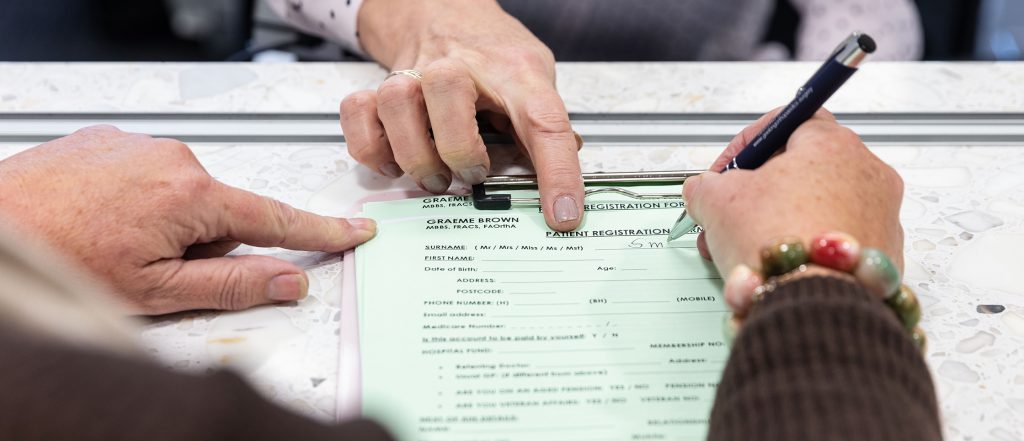The Coronavirus (COVID-19) pandemic is directly or indirectly affecting everyone. So far, Australia is coping well with evidence of fewer new cases. This data is encouraging but the risk of increased community transmissions remains.
The government introduced new rules on elective surgery as a result of the pandemic. The regulations apply to both the private and the public health systems. From 1 April only Category 1 and 2a elective surgery will be permitted. Most elective orthopaedic procedures fall into Category 3. For the knee, these include knee replacements, knee reconstructions and most arthroscopic procedures. For the shoulder, these include shoulder replacements, shoulder reconstructions and most rotator cuff surgery.
The reasons for these changes are many. Restricting elective surgery will reduce the burden on the health system that will minimise harm to patients and healthcare workers. This will free beds up and allow health workers to prepare and respond to COVID-19 patients. You may have heard that there are concerns regarding the availability of personal protective equipment (PPE) that includes masks, gloves, eye protection and gowns. Elective surgery is a large consumer of PPE, so this will help preserve this valuable resource.
Another good reason for stopping all but urgent surgery is to reduce patient harm as mentioned above. Surgical procedures and the associated anaesthetic does have an impact on the immune system. Many people undergoing elective orthopaedic surgery are over 60 and may have other health concerns. This group of patients also corresponds to the “high risk” group for COVID-19. Most operations require a rehabilitation period of a minimum of three months for optimal results. In the current climate rehabilitation services have stopped or are reduced, therefore potentially compromising patient outcomes.
Urgent surgery is still permitted. The Australian Orthopaedic Association (and its associated subspecialty groups) and the Royal Australasian College of Surgeons have excellent published guidelines on what constitutes urgent surgery. In general, they include fractures, dislocations, major tendon injuries and acute joint infections.


